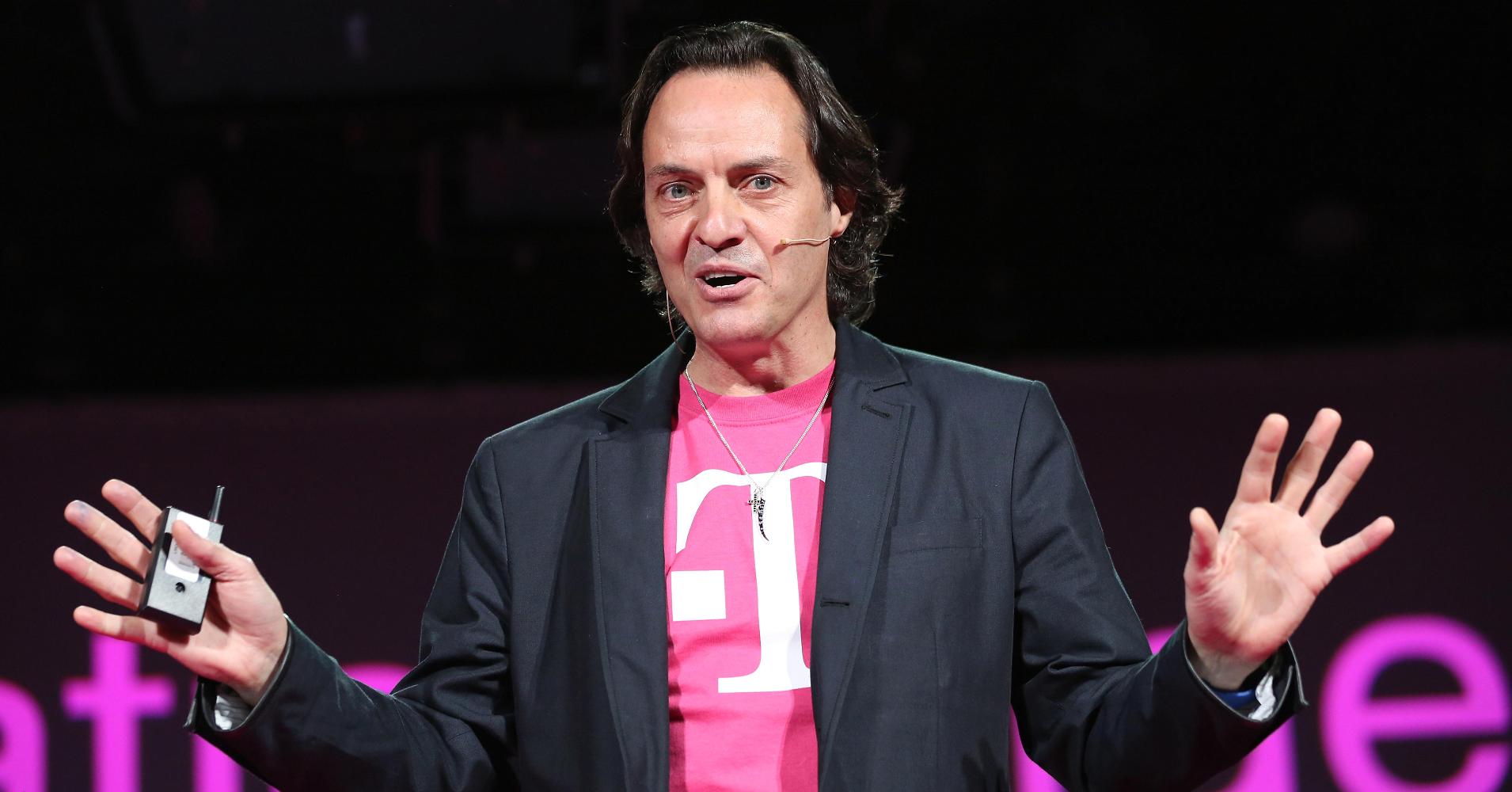
WASHINGTON — T-Mobile’s proposed merger with Sprint would create a new national wireless giant capable of taking on Verizon and AT&T. The combined company, which would be called T-Mobile, would cover about 100 million customers.
But how, exactly, will all those customers fare if regulators sign off on the deal? And what about the millions of customers who use Verizon and AT&T?
Here’s what you need to know.
More from The New York Times:
Sprint and T-Mobile to Merge, in Bid to Remake Wireless Market
T-Mobile-Sprint Merger Would Give Japan’s SoftBank Bigger Foothold in US
Closing Arguments in AT&T Trial, and Jobs Numbers Will Be Released
Will my bill go up?
Possibly, but not immediately. It’s difficult to promise that prices will remain at their current levels, even though the companies say consumers should expect the deal to lower prices.
But more competition is generally regarded as better for consumers. After all, look at what happened after regulators denied an attempted merger by T-Mobile and Sprint in 2014.
That year, after regulators signaled they would reject a deal, the two companies began a price war that rippled across the industry. Then in August 2016, T-Mobile was the first carrier in the United States to offer unlimited voice, text and data plans. The next day, Sprint began offering a $100 unlimited voice, text and data plan for two lines. Six months later, Verizon and then AT&T followed with similar offerings. Over all, wireless prices declined 13 percent from March 2016 to March 2017, according to the Labor Department.
When T-Mobile and Sprint aggressively competed for budget-conscious customers and began gaining subscribers with lower prices, AT&T and Verizon ended up following suit.
What other changes might I see as a wireless subscriber?
Beyond lower prices, T-Mobile has been a driving force behind giving consumers more flexibility. Since 2014, T-Mobile has let consumers forgo long-term contracts and allowed users to bring the devices of their choice to its network. It eliminated roaming charges in Canada and Mexico and promised no surprise fees or taxes in its monthly bills.
Those policies were praised by government officials as proof positive that a four-way competition among the big carriers had been the right decision. They called T-Mobile a “maverick” in the wireless industry. (T-Mobile and Sprint say they would continue to offer similar policies.)
But the question is whether T-Mobile would still have the incentive to be as scrappy after the merger — when it would look a lot like the big telecom providers it was forced to contend with as an aggressive upstart.
“The biggest problem with this merger is that these two companies are each other’s biggest competitors for serving middle-income, budget-constrained wireless customers,” said Gene Kimmelman, a former senior antitrust official at the Justice Department who was at the department when it sued to block AT&T’s proposed merger with T-Mobile in 2011.
Will the company be more like T-Mobile or Sprint after the merger?
The combined company would be called T-Mobile, and have T-Mobile’s attention-grabbing chief executive, John Legere, in charge. The main headquarters would be at T-Mobile’s offices in Bellevue, Wa., with a second headquarters at Sprint’s offices in Overland Park, Kan.
But the new company would be a combination of different cultures. T-Mobile has ranked at the top of recent customer satisfaction surveys, and Sprint has often lagged behind its rivals in customers’ minds. T-Mobile has invested heavily in marketing itself as an industry rebel, with Mr. Legere out in front, insulting Verizon and AT&T on Twitter. Sprint, on the other hand, is much more reserved and its customers aren’t likely to follow its executives on social media.
How will the merger affect my service? Will I experience technical problems when the networks are combined?
Customers of the combined company would have greater coverage across the country, especially those in rural areas whose current provider would get a boost from the other company’s towers.
And even if regulators scuttle the merger, the companies said they had struck a roaming agreement that will allow customers of either company to use the other company’s network.
The roaming agreement also helps the companies prepare to merge their infrastructure in the event the deal goes through, although it’s hard to say that customers wouldn’t experience some glitches in service. The companies haven’t revealed any details on what kinds of service plans would be offered and what devices would be permitted. And billing and customer service would also have be consolidated, which could be a tricky transition.

